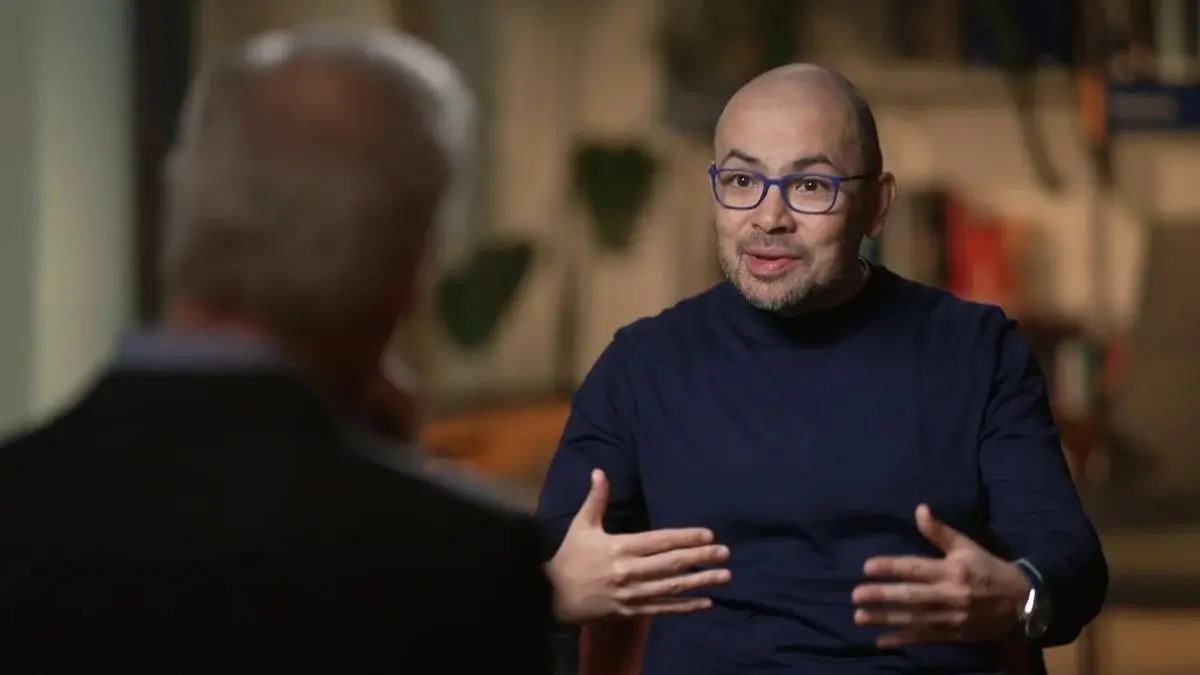Updated 23 April 2025 at 18:40 IST
Can AI See, Understand, and Heal Us in Real-Time? Watch What DeepMind's Demis Hassabis Has To Say
Hassabis pointed out the potential of AI to transform medicine by significantly lessening the time and expense of drug development.
- Republic Business
- 3 min read

In a recent interview on CBS's "60 Minutes," Demis Hassabis, CEO of Google DeepMind and Nobel laureate, shared his optimistic vision for the future of artificial intelligence (AI). He believes that within the next decade, AI could help cure all diseases and lead to a state of "radical abundance" by eliminating scarcity.
48-year-old British computer scientist and Google DeepMind CEO Demis Hassabis celebrated his Nobel Prize victory last year by playing poker with a chess grandmaster. A lifelong game enthusiast, Hassabis is now racing to develop artificial general intelligence, a form of AI that can think and learn like humans but with vastly superior speed and knowledge.
DeepMind CEO: Drug Discovery Via AI
Hassabis pointed out the potential of AI to transform medicine by significantly lessening the time and expense of drug development. This would make it possible to treat or eliminate illnesses that are currently untreatable. "On average, it costs billions of dollars and takes 10 years to design one drug. We can perhaps do it down from years to perhaps months or even weeks," he said.
DeepMind's AlphaFold, a protein structure prediction AI system, has already made a substantial impact in biomedical research. Taking this forward, Hassabis established Isomorphic Labs, a drug discovery company with a focus on using AI.
Advertisement
The aim is to create AI-designed drugs that can treat key diseases like cancer and cardiovascular diseases. Isomorphic Labs aims to start clinical trials for its first AI-designed drug by the end of this year.
ALSO READ: Google's AI solves 50-year-old protein problem, discovers 3D structures of 20,000 proteins
Advertisement
Ethical Implications Of AI
Although there are encouraging prospects, Hassabis stressed the need for ethical implications in AI advancement. He cautioned that unless implemented with adequate precaution, AI may be exploited by malicious actors.
Hence, he supports collaboration between nations and strong safety measures to guarantee that AI technologies serve humanity. Hassabis imagines a world where AI does not just change healthcare but also solves the bigger problems of climate change and resource limitation.
He thinks that getting artificial general intelligence (AGI) with human-level cognitive capability in AI could give us groundbreaking scientific breakthroughs and a future of unprecedented prosperity.
As AI continues to evolve, Hassabis's words are a reminder of the potential it has to transform our world for the better, if only we are responsible and forward-thinking in its development.
Published By : Musharrat Shahin
Published On: 23 April 2025 at 18:40 IST
